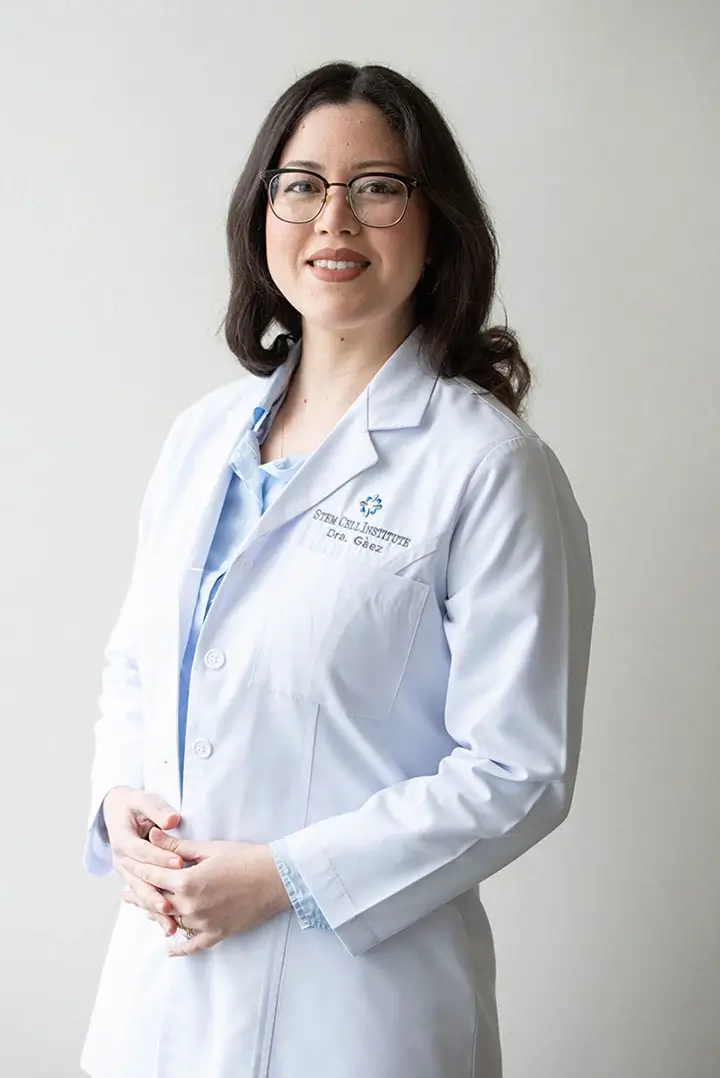Stemedica Cell Technologies Press Release
The San Diego stem cell company Stemedica Cell Technologies, Inc reported treatment of its first patient as part of a 35 patient clinical trial in stroke patients. The study uses bone marrow stem cells that have been preconditioned with hypoxia and used in a non-matched manner. The trial is being conducted at the University of California San Diego and is titled “A Phase I/II, Multi-Center, Open-Label Study to Assess the Safety, Tolerability and Preliminary Efficacy of a Single Intravenous Dose of Allogeneic Mesenchymal Bone Marrow Cells to Subjects with Ischemic Stroke.”
Every year more than 800,000 Americans suffer a stroke. According to the American Heart Association, stroke is the fourth leading cause of death – costing an estimated $73.7 billion in 2010 for stroke-related medical costs and disability.
The study’s Principle investigator is Michael Levy, MD, PhD, FACS, chief of pediatric neurosurgery at Children’s Hospital San Diego (CHSD) and professor of neurological surgery at UCSD. The aim of the trial is to determine tolerance and therapeutic outcomes for intravenously-delivered adult allogeneic mesenchymal stem cells and to hopefully pave the way for a new therapeutic category of treatment for ischemic stroke. When asked about the first patient in the study, Dr. Levy said, “The treatment went smoothly; no side effects were observed, and the patient was released from the hospital the next day.”
Lev Verkh, PhD, Stemedica’s chief regulatory and clinical development officer, commented: “Many years of research and hard work by the Stemedica team culminated today in the treatment of the first patient using our uniquely designed stem cells to be effective under ischemic condition. We are proud to be the first company to initiate a study such as this under a clinical protocol approved by the U.S. Food and Drug Administration (FDA).”
Several companies are using stem cells for stroke. For example the company Aldagen is using bone marrow derived cells from the same patient. Their approach involves bone marrow extraction, purification of a selected stem cell from the bone marrow, and subsequent administration of the cell into the patients. The reason why stroke is of great interest to many companies is because recent studies have demonstrated that the brain has its own stem cells that start multiplying after a stroke. Unfortunately these stem cells that are already existing are not found in a high enough number to cause a substantial repair. The idea is that when new stem cells are added, they assist the existing stem cells in supporting the repair process.
“This clinical trial marks a significant achievement in the treatment of debilitating ischemia-related pathologies including ischemic stroke,” said Nikolai Tankovich, MD, PhD, president and chief medical officer of Stemedica. “We believe these specially designed mesenchymal stem cells are able to tolerate, survive and repair ischemic tissues caused by an infarction of the brain, heart, kidney, retina and other organs. In addition, these mesenchymal stem cells are capable of up regulating an array of important genes that are essential for the synthesis of critical proteins involved in recovery.”
Dr. Verkh continued, “Patients in this study have significant functional or neurologic impairment that confines them to a wheelchair or requires home nursing care or assistance with the general activities of daily living and have received the ischemic stroke diagnosis at least six months prior to enrollment in this study”.
The inclusion/exclusion criteria are:
Inclusion Criteria:
•Clinical diagnosis of ischemic stroke for longer than 6 months
•Brain CT/MRI scan at initial diagnosis and at enrollment consistent with ischemic stroke
•No substantial improvement in neurologic or functional deficits for the 2 months prior to enrollment
•NIHSS score between 6-20
•Life expectancy greater than 12 months
•Prior to treatment patient received standard medical care for the secondary prevention of ischemic stroke
•Adequate organ function as defined by the following criteria:
Exclusion Criteria:
•History of uncontrolled seizure disorder
•History of cancer within the past 5 years.
•History of cerebral neoplasm
•Positive for hepatitis B, C or HIV
•Myocardial infarction withing six months of study entry
•Findings on baseline CT suggestive of subarachnoid or intracerebral hemorrhage within past 12 months.
•Allergies to Bovine or Porcine products
Stemedica Treats First Patient with Ischemic Allogeneic Mesenchymal Stem Cells

Reviewed By:
Verónica Gaez, M.D.
Staff Physician
Dr. Gaez specializes in anti-aging, orthomolecular medicine, and hospital management, with a focus on regenerative medicine and stem cell therapy. She earned her medical degree in 2015 and holds a research certification from Hospital del Niño de Panamá.
